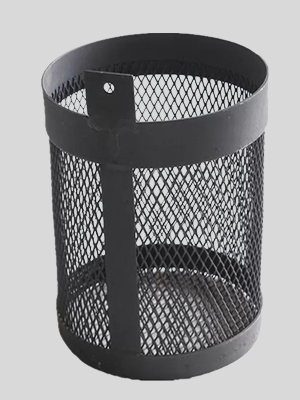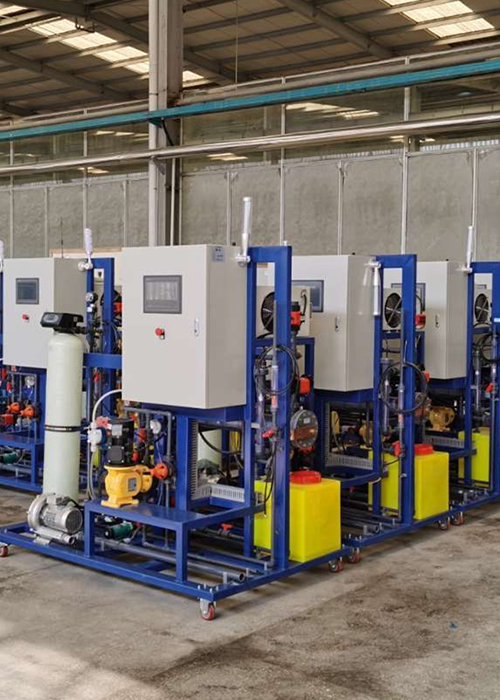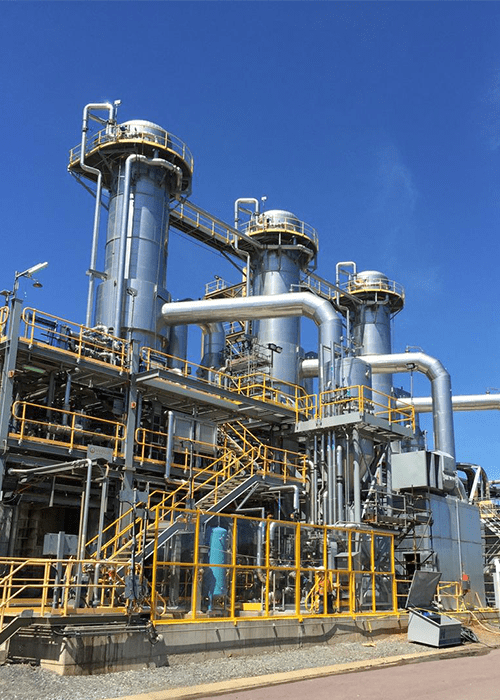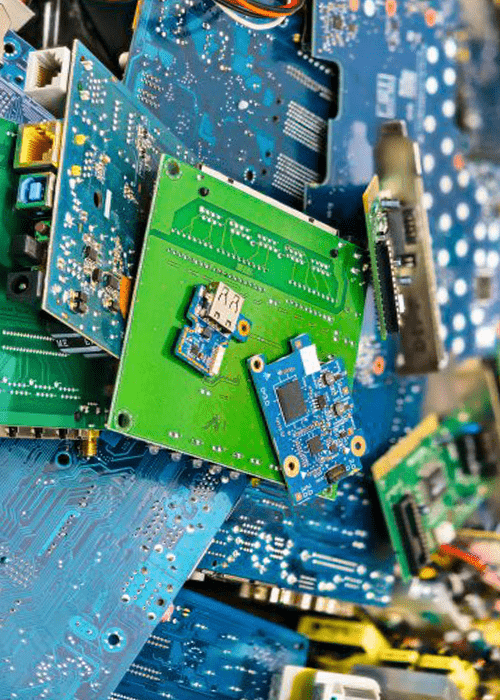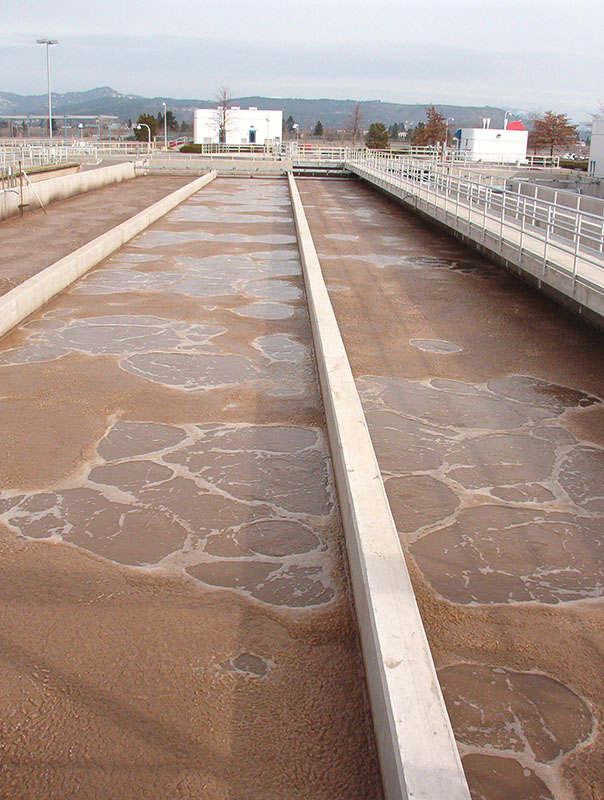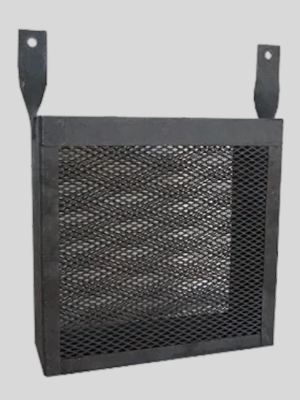
Ruthenium Oxide Coated Titanium Anode
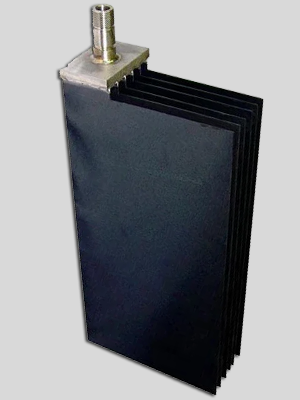
Ru IR Titanium Anodes for swimming pool
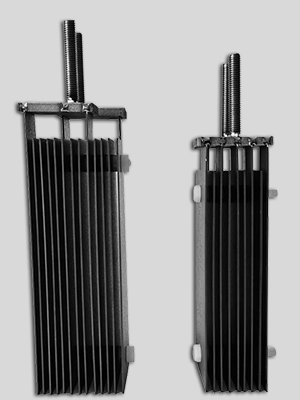
Ru Ir Oxide Coating Titanium Anode
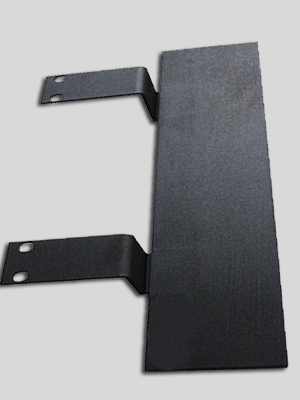
Ruthenium Coated Titanium Anode
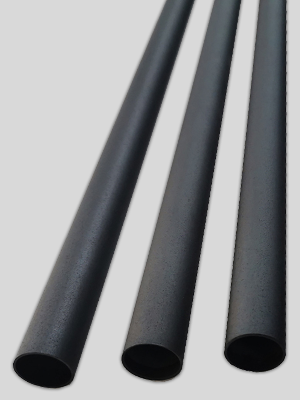
Ruthenium Oxide cathodic protection
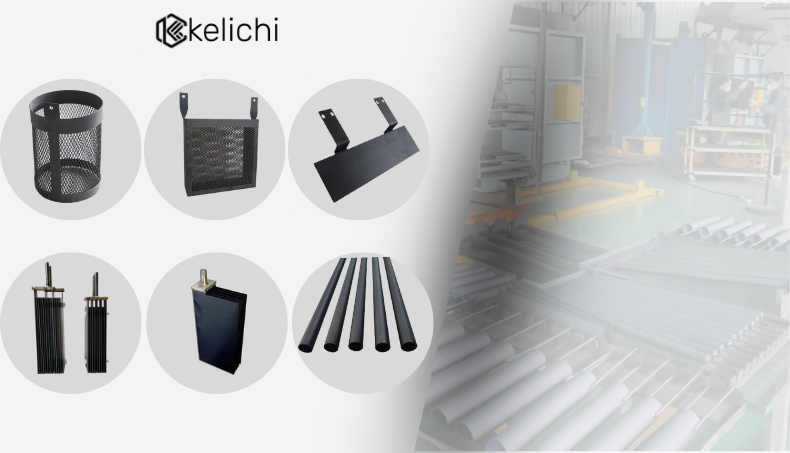
Customized Ruthenium Oxide Coated Electrode for Your Projects!
Kelichi are dedicated to providing the best titanium anode solution for your project .
With over 12 years of experience, we have the expertise and capability to manufacture any type of titanium anode you need. In particular, our in-house production of raw materials and strict quality control processes give us a significant advantage over our competitors. We offer Very Competitive prices and ensure that each of our products meets the highest standards quality. Choose us for your titanium anode needs and experience the difference in quality and value.
Our Support
Specification of Ruthenium Coated Anodes |
|---|
| Material | Gr1 Titanium as substrate, MMO as coating |
|---|---|
| Coating Types | RuO2 +IRO2 +X |
| Dimension & Shape | Plate, mesh, rod, or customized |
| Voltage | <1.13V |
| Current Density | <3,000A/㎡ |
| Work time | 80-120 H |
| Noble Metal Content | 8-12g/㎡ |
| Coating Thickness | 8~15μm |
Ensuring the Quality of Titanium Anodes at Kelichi Titanium |
|---|
| Test Items | Test Conditions | Qualification |
|---|---|---|
| Combining Power | 3M adhesive tape | No black marks on the tape |
| Combining Power | Bend 180° on Φ12mm round shaft | No peeling at the bend |
| Uniformity test | X-Ray Fluorescence Spectrometer | ≤15% |
| Coating thickness | X-Ray Fluorescence Spectrometer | 2-12μm |
| Chlorination potential | 2000A/m2, Saturation NaCl,25±2℃ | ≤1.08V |
| Analytical chlorine polarization rate | 200/2000A/m2, Saturation NaCl,25±2℃ | ≤35mV |
| Enhanced Lifespan | 40000A/m2,1mol/L H2SO4,40±2℃ | ≥45h(Ir+Ru 8g) |
| Intensive weightlessness | 20000A/m2,8mol/L NaOH,95±2℃, electrolysis 4h | ≤10mg |
Applications of Iridium Oxide Coated Titanium Anodes
Sodium Hypochlorite Industry
Ruthenium-coated titanium anodes are an optimal choice for the electrolytic production of sodium hypochlorite, thanks to their impressive electrochemical properties and durability. In this process, sodium chloride (salt) dissolved in water undergoes electrolysis using these anodes, which triggers a uniform secondary chemical reaction that leads to the formation of sodium hypochlorite.
Diaphragm electrolysis is a technique frequently employed in this process. This method involves using a diaphragm to separate the anode and cathode compartments, enabling the controlled production of sodium hypochlorite in tablet or liquid form. This approach minimizes the formation of byproducts and ensures a higher concentration of the desired product.
The use of ruthenium-coated titanium anodes in the production of sodium hypochlorite offers several advantages, such as increased efficiency, reliability, and longevity of the anodes. Their corrosion-resistant properties make them suitable for handling the highly reactive chemicals involved in the process.
Sodium hypochlorite is a critical disinfectant with numerous applications in various industries. It is commonly used in water treatment plants for disinfecting drinking water, as well as in swimming pools to maintain water hygiene. In addition, sodium hypochlorite is an active ingredient in many household cleaning products, providing effective sanitization and stain removal.
In conclusion, the use of ruthenium-coated titanium anodes in the electrolytic production of sodium hypochlorite ensures a reliable, efficient, and sustainable process. This method yields a vital disinfectant with wide-ranging applications in water treatment, pool maintenance, and household cleaning.
Chlor-alkali Industry
Ruthenium-coated titanium anodes are extensively utilized in the chloralkali industry to produce chlorine gas and caustic soda via the electrolysis of a saturated aqueous salt solution.
Compared to other electrodes like carbon, artificial graphite, platinum, and magnetic iron oxide, MMO-coated titanium electrodes provide several advantages, such as high chemical corrosion resistance, low chlorine overpotential, optimum electrical conductivity, remarkable mechanical strength, process efficiency, and cost-effectiveness.
The superior properties of ruthenium-coated titanium anodes make them the preferred choice in the chloralkali industry. The combination of ruthenium’s catalytic properties and titanium’s corrosion resistance properties results in a highly effective anode. The ruthenium coating also enables the anode to perform with minimal energy consumption, leading to cost savings for the industry.
The chlor-alkali industry is a critical sector that produces essential chemicals used in various applications, such as water treatment, pulp and paper production, and the manufacturing of plastics and other chemicals. The use of ruthenium-coated titanium anodes ensures that the production process is efficient, cost-effective, and sustainable. As a result, the industry can meet growing demand while minimizing the impact on the environment.
Cathodic Protection
Ruthenium-coated titanium anodes play a significant role in cathodic protection, which is a technique used to prevent corrosion in metal structures. In cathodic protection, a direct electrical current is applied to the metal structure to be protected, creating a potential difference that suppresses corrosion.
The use of Ruthenium-Coated Titanium Anodes as the anode in the cathodic protection system is beneficial due to its superior electrochemical properties. The ruthenium coating provides catalytic activity that enhances the anode’s performance, resulting in high current efficiency and better electrochemical stability.
Moreover, ruthenium-coated titanium anodes have excellent mechanical strength and resistance to corrosion, ensuring long-term stability and durability in the cathodic protection system. These anodes are also capable of adapting to various environments, making them an ideal choice for diverse cathodic protection applications.
In summary, Ruthenium-Coated Titanium Anodes play a crucial role in cathodic protection, ensuring the long-term stability and durability of metal structures by providing superior electrochemical properties, including high current efficiency, excellent electrochemical stability, and mechanical strength.
Sanitary Disinfection of Swimming Pool Water
Ruthenium-coated titanium anodes are highly effective in the sanitary disinfection of swimming pool water. In this process, the anodes generate an electric current that produces highly reactive oxygen species, which act as a powerful disinfectant against bacteria, viruses, and other harmful microorganisms.
Compared to traditional disinfection methods like chlorine, Ruthenium-Coated Titanium Anodes provide several advantages. They do not produce harmful byproducts like trihalomethanes, which can be harmful to human health. Additionally, these anodes do not require the handling and storage of hazardous chemicals, making them a safer and more environmentally friendly option.
Moreover, the use of Ruthenium-Coated Titanium Anodes in swimming pool disinfection ensures a more consistent and stable disinfection process. The anodes can adjust to changing water conditions and maintain a steady and safe disinfection level. This helps to prevent the growth of harmful bacteria and ensures that the swimming pool is safe for use.
In summary, Ruthenium-Coated Titanium Anodes are a reliable and efficient solution for the sanitary disinfection of swimming pool water. They provide superior disinfection performance, are safer and more environmentally friendly than traditional disinfection methods, and ensure a consistent and stable disinfection process, Pls don’t hesitate to contact Us if you have a project that want to treat for the swimming pool water make it more cleaner.
Copper Recovery from Etching Solution
Ruthenium-coated titanium anodes play an essential role in copper recovery from etching solutions. In this process, the anodes facilitate the electrochemical oxidation of copper ions, allowing for the recovery of copper metal from the solution.
Ruthenium-Coated Titanium Anodes offer several advantages in copper recovery applications. They have excellent electrochemical properties, including high current efficiency and low overpotential, which makes them highly efficient in the electrochemical oxidation of copper ions.
Additionally, these anodes have excellent mechanical strength and resistance to corrosion, ensuring long-term stability and durability in the copper recovery process. This helps to reduce maintenance costs and increase process efficiency.
Moreover, the use of Ruthenium-Coated Titanium Anodes in copper recovery ensures a more environmentally friendly process. These anodes do not produce harmful byproducts, making them a safer and more sustainable option for copper recovery.
In summary, Ruthenium-Coated Titanium Anodes play a crucial role in copper recovery from etching solutions. They provide superior electrochemical properties, excellent mechanical strength, and resistance to corrosion, making them an efficient and durable option for copper recovery. With their environmentally friendly nature, they ensure a sustainable copper recovery process.
Waste Water Treatment
Ruthenium-Coated Titanium Anodes are highly effective in wastewater treatment applications. In this process, the anodes facilitate the electrochemical oxidation of organic pollutants, allowing for the removal of these pollutants from the wastewater.
Ruthenium-Coated Titanium Anodes offer several advantages in wastewater treatment applications. They have excellent electrochemical properties, including high current efficiency and low overpotential, which makes them highly efficient in the electrochemical oxidation of organic pollutants.
Moreover, the use of Ruthenium-Coated Titanium Anodes in wastewater treatment ensures a more environmentally friendly process. These anodes do not produce harmful byproducts, making them a safer and more sustainable option for wastewater treatment.
Additionally, these anodes have excellent mechanical strength and resistance to corrosion, ensuring long-term stability and durability in the wastewater treatment process. This helps to reduce maintenance costs and increase process efficiency.
Furthermore, the use of Ruthenium-Coated Titanium Anodes in wastewater treatment provides a more cost-effective solution. They require less energy and fewer chemicals compared to traditional wastewater treatment methods, making them a more economical option.
In summary, Ruthenium-Coated Titanium Anodes are highly effective in wastewater treatment applications. Their superior electrochemical properties, excellent mechanical strength, and resistance to corrosion make them an efficient and durable option for the electrochemical oxidation of organic pollutants in wastewater. With their environmentally friendly nature and cost-effectiveness, they ensure a sustainable and efficient wastewater treatment process
